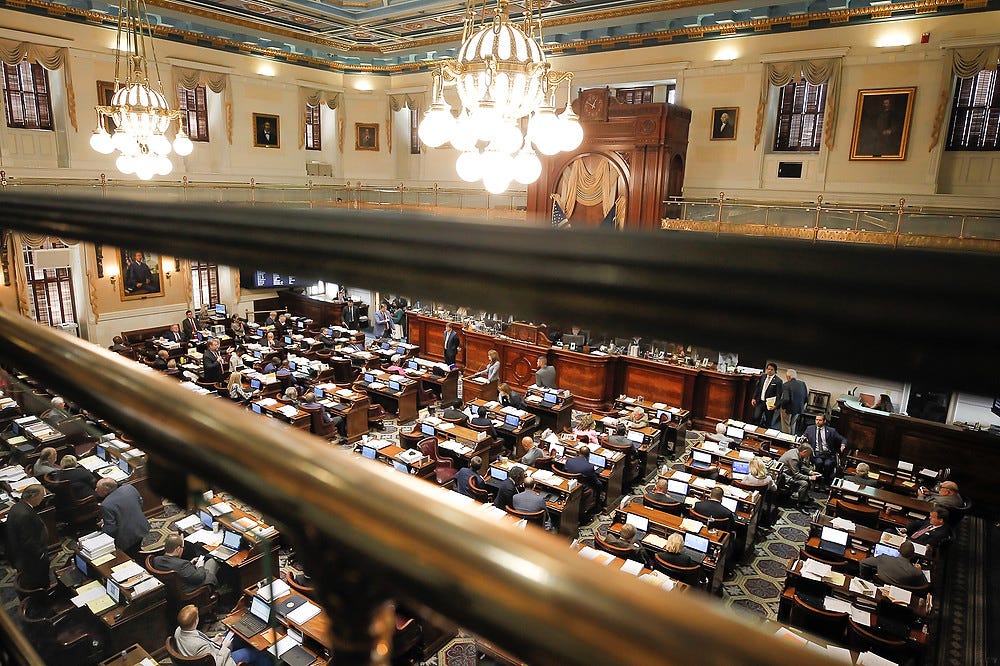South Carolina Takes a Stand Against Unauthorized Disclosure of Intimate Images
House Bill 3058 Passed Today to Combat Non-Consensual Sharing of Intimate Images
In a big move to protect privacy and dignity, the South Carolina House has passed House Bill 3058 today, which tackles the unauthorized sharing of intimate images. This new law is a crucial step in fighting the harmful practice of sharing private images without consent.
Understanding House Bill 3058
House Bill 3058, also known as the "Disclosure of Intimate Images" bill, was introduced to the South Carolina General Assembly to stop the unauthorized distribution of intimate images. The bill clearly defines terms like "intimate images" and "effective consent" to make sure everyone understands what it covers. Intimate images are defined as any visual depiction of a person engaged in sexually explicit conduct or any depiction of the uncovered genitals, pubic area, or buttocks of a person. Effective consent refers to the voluntary agreement of the person depicted in the image, given without coercion or deception.
Key Provisions
The bill makes it a crime to intentionally share intimate images or digitally altered intimate images without the person's consent. This includes images shared with bad intentions or without the person knowing. The penalties for breaking this law are severe. It is considered a felony, which can result in a fine of up to $5,000-$10,000, or imprisonment for one to ten years, or both.
Importantly, the bill also covers digitally created obscene images, often referred to as AI-generated images. These are images that have been altered or created using artificial intelligence to depict someone in a compromising or explicit manner without their consent.
Consequences of Committing the Crime
The consequences for violating House Bill 3058 are serious and vary based on the nature of the offense:
First Offense: If someone is found guilty of intentionally disseminating intimate images or digitally forged intimate images without consent for the first time, it is considered a felony. The penalties can include a fine of up to $5,000.
Second or Subsequent Offenses: For second or subsequent offenses, the penalties can include a fine of up to $10,000 or imprisonment for one to ten years, or both. No part of the minimum sentence may be suspended, and probation cannot be granted.
Intent to Harm: If the dissemination is done with the intent to cause physical, mental, economic, or reputational harm, or for profit, the penalties are more severe.
Next Steps
Even though the House has passed the bill today, it still needs to be approved by the Senate before it can become law. The Senate's review and approval are crucial steps in the process, and supporters of the bill are hopeful for a positive outcome. The Senate will examine the bill's provisions, debate its merits, and potentially make amendments before voting on its passage. If approved, the bill will then be sent to the Governor for final approval and enactment.
Conclusion
South Carolina's House Bill 3058 is a significant step towards protecting personal privacy and dignity. As the state moves forward with this legislation, it sets an example for other states to follow in addressing the unauthorized sharing of intimate images. By taking this stand, South Carolina is protecting individuals from the harmful effects of this invasive practice.



